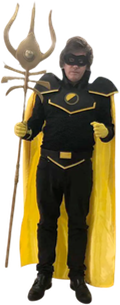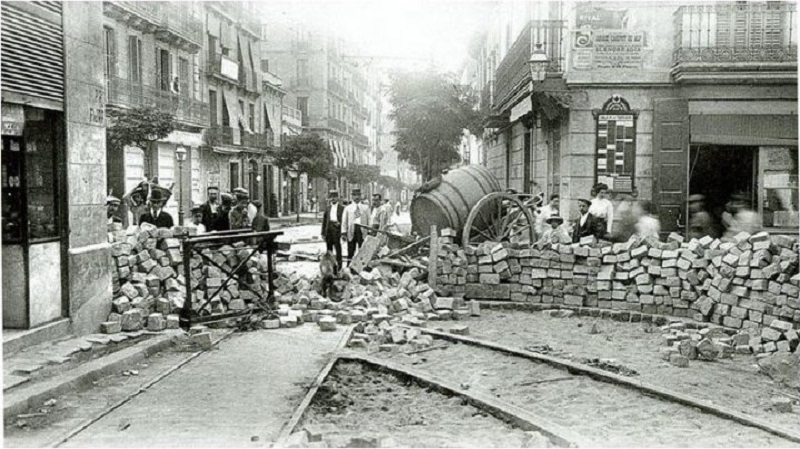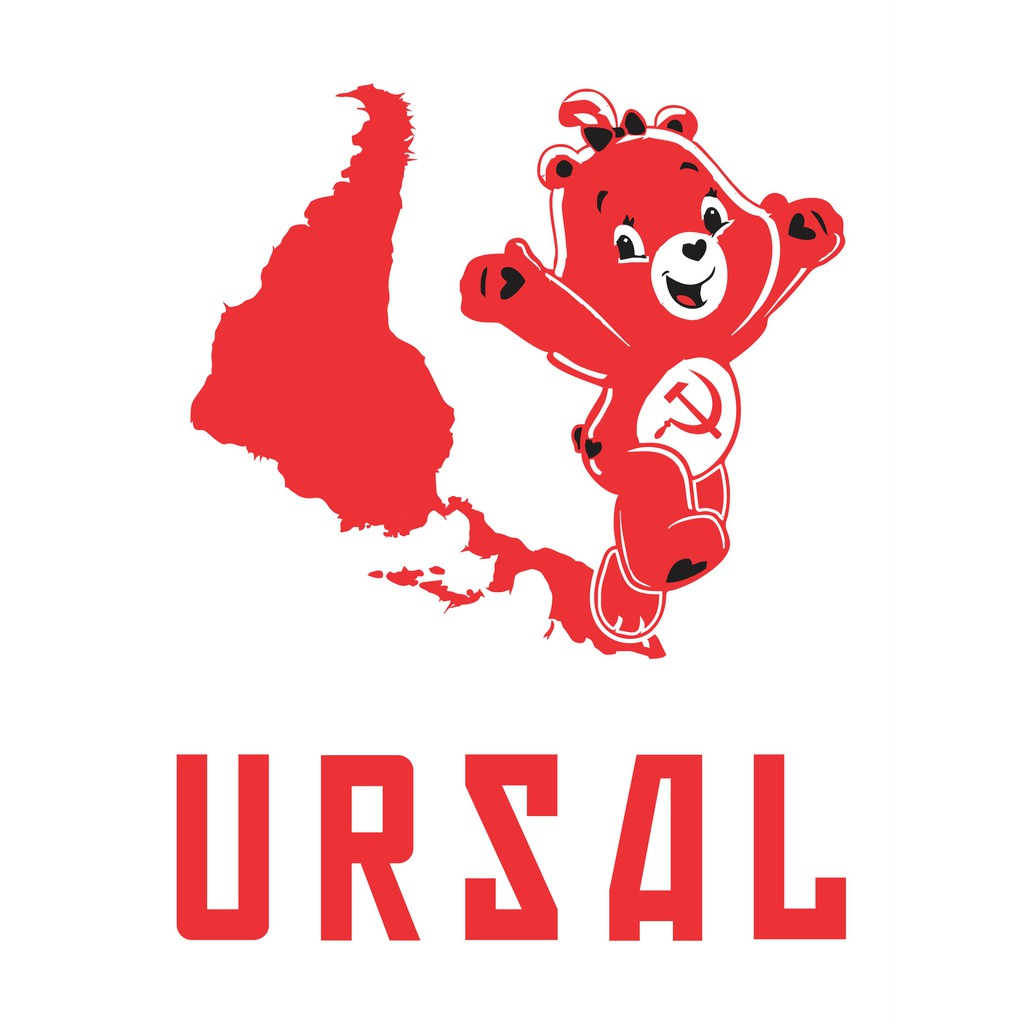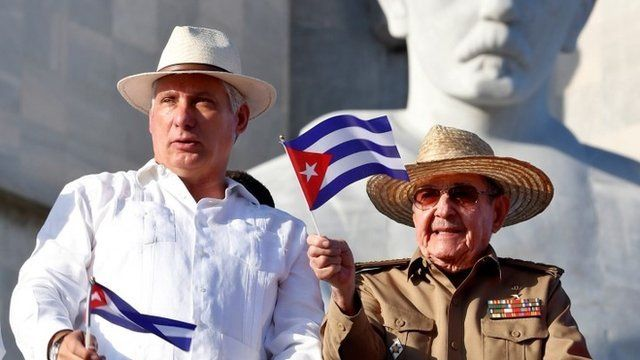On the 7th of january in 1919, the "Semana Trágica" began in Argentina when police attacked striking metalworkers in Buenos Aires, killing five, after workers set the police chief's car on fire. The city was quickly placed under martial law.
The "Semana Trágica" (Tragic Week in English, not to be confused with the Spanish Tragic Week) was the violent supression of a general workers' uprising, beginning with the attack on January 7th. In addition to the actions of the police and military, right-wing vigilantes launched pogroms against the city's Jews, many of whom were not involved, in order to suppress the rebellion.
The conflict began as a strike at the Vasena metal works, an English Argentine-owned plant in the suburbs of Buenos Aires. On January 7th, workers overturned and set fire to the car of the police chief Elpidio González. Militant workers also shot and killed the commander of the Army detachment protecting González. Following this, police attacked, killing five workers and wounding twenty more.
On the same day, maritime workers of the port of Buenos Aires voted in favor of a general strike for better hours and wages. After the police attack at Vasena, a waterfront strike began: all ship movements, and all loading and unloading, came to a halt.
Rioting soon spread throughout Buenos Aires, and workers battled with both state and right-wing paramilitary forces. Police utilized members of the far-right Argentine "Patriotic League", who targeted the city's working class Russian Jewish population, which they associated with the rebellion, beating and murdering many uninvolved civilians.
On the 11th, the city was placed under martial law, and the military restored control over the city over the next several days. Estimates of the death toll range from between 141 to over 700. The United States embassy reported that 1,500 people were killed in total, "mostly Russians and generally Jews"
La Semana Trágica - el historiador

Megathreads and spaces to hang out:
- ❤️ Come listen to music and Watch movies with your fellow Hexbears nerd, in Cy.tube
- 💖 Come talk in the New Weekly Queer thread
- 💛 Read and talk about a current topics in the News Megathread
- ⭐️ September Movie Nominations ⭐️
reminders:
- 💚 You nerds can join specific comms to see posts about all sorts of topics
- 💙 Hexbear’s algorithm prioritizes comments over upbears
- 💜 Sorting by new you nerd
- 🌈 If you ever want to make your own megathread, you can reserve a spot here nerd
- 🐶 Join the unofficial Hexbear-adjacent Mastodon instance toots.matapacos.dog
Links To Resources (Aid and Theory):
Aid:
Theory:



Lemmy has a language option for Old Church Slavonic but hexbear won't let me Wenceslaspost because Error: language_not_allowed
сє нꙑнѣ събꙑстъ сѧ пророчьскоѥ слово, ѥжє глагола самъ господь нашь Исѹсъ Хрьстъ | Бѫдєтъ бо, рєчє, въ послѣдьн҄ѩѩ дьни, ѩжє мьнимъ нꙑнѣ сѫщѧ, въстанєтъ братръ на братра своѥго и сꙑнъ на отьць свои, враѕи чловѣкѹ домаши ѥго | Чловѣци бо сєбѣ бѫдѫтъ нємили, и въздастъ имъ Богъ по дѣломъ ихъ | Бꙑстъ жє кънѧѕь єтєръ въ Чєсѣхъ имєньмь Братиславъ, жєна жє ѥго нарицаѥма Драгомира | И рождьша сꙑнъ свои прьвѣньць и крьстистє и и нарѣстє имѧ ѥмѹ Вѧщєславъ | Въздрастъшѹ жє ѥмѹ ꙗко пострищи и, призъва Братиславъ, отьць ѥго, на пострижєньѥ бискѹпа єтєра, имєньмь Нотара, и сь клирикꙑ ѥго | Въспѣвъшємъ жє имъ мьшѫ ѥмѹ въ црькъви свѧтꙑѩ Марьѩ, възьмъ бискѹпъ отрока, постави и на крилѣ стєпєньнѣѥмь прѣдъ олтар҄ємь и благослови и рєкꙑ | Господи Божє, Исѹ Хрьстє, благослови отрока сєго, ꙗкожє благословилъ ѥси вьсѧ правьдьникꙑ твоѩ | Сицє жє съ благословл҄єньѥмь пострижєнъ бꙑстъ | Тѣмьжє мьнимъ, ꙗко благословл҄єньѥмь бискѹпа того правьдьнаѥго и молитвами ѥго начѧтъ отрокъ расти, благодѣтьѭ божьѥѭ хранимъ | Навꙑчє жє кънигꙑ словѣньскꙑѩ и латиньскꙑѩ добрѣ | Ѹмьръшѹ жє отьцѹ ѥго, Братиславѹ, поставишѧ Чєси кънѧза Вѧщєслава на столѣ дѣдьн҄и | Болєславъ жє, братръ ѥго, растѣашє подъ н҄имь; бѣашєтє жє оба ѥщє мала | Нъ мати ѥю Драгомира ѹтврьди зємл҄ѭ, и люди строи, дон҄ьдєжє въздрастє Вѧщєславъ, и въздрастъ, начѧ самъ строити люди своѩ | Благодѣтьѭ жє божьѥѭ въ истинѫ Вѧщєславъ кънѧзь нє тъкъмо кънигꙑ навꙑчє добрѣ, нъ и вѣроѭ съврьшєнъ бѣ | Вьсѣмъ жє нищиимъ добра творꙗашє, нагꙑѩ одѣваашє, лачѫщѧѩ питѣашє, страньнꙑѩ приѥмл҄ꙗашє по єванћєльскѹ гласѹ | Вьдовиць жє обидѣти нє дадѣашє, люди вьсѧ, ѹбогꙑѩ и богатꙑѩ, миловаашє, Богѹ работаѭщиимъ слѹжаашє, црькъви мъногꙑѩ златомь крашаашє |
spoiler
(1) Behold, now the prophetic word, which our Lord Jesus Christ spoke himself, was fulfilled: (2) 'For it will happen', he said, 'in the final days, which we believe to be now, brother shall rise against his own brother and son against his father, and a man's foes shall be they of his own household.' (3) For men will be unpitying to one another, and God will dispense according to their deeds. (4) But there was a certain prince in the Czech Lands, Bratislav by name, and his wife was called Dragomira. (5) And having produced their first-born son, they christened him and gave him the name Venceslav. (6) And as he grew so big as to tonsure him, his father Bratislav invited to this tonsure a certain bishop, Notar by name, and his clerics with him. (7) And when they celebrated the mass for him in the Church of the Holy Maria, the bishop took up the boy, placed him on the top step before the altar, and blessed him, saying: (8) 'Lord God, Jesus Christ, bless this boy, as you have blessed all yours who are just.' (9) And so with a blessing he was tonsured. (10) And by this we believe that, with the blessing of that just bishop and by his prayers, the boy began to grow, protected by God's grace. (11) He learned well the Slavonic and Latin letters. (12) And when his father Bratislav died, the Czechs established Venceslav as prince upon his grandfather's throne. (13) And Boleslav, his brother, grew alongside him; both were still young. (14) But their mother Dragomira ruled the land, and adminstered to the people, while Venceslav was growing up; and when he was grown, he began himself to administer to his people. (15) But by the grace of God, prince Venceslav truly learned well not only letters, but was also filled by faith. (16) He would perform good deeds among all the poor, clothe the naked, nourish the hungry, take in strangers according to the word of the evangel. (17) He would not permit a widow to be disgraced -- he showed mercy to all people, rich or poor; he served those who served God, and adorned many churches with gold.The Russia Ukraine conflict will be resolved if we force all parties to RETVRN to church slavonic.